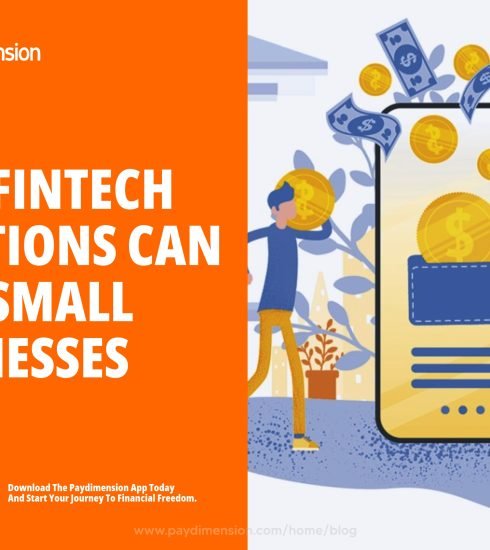How Fintech is Transforming the Way We Manage Personal Finances
The way we handle our money has changed dramatically. Gone are the days when managing personal finances meant a trip to the bank, keeping a checkbook, or stashing cash under the mattress. Today, thanks to financial technology—commonly known as fintech—our personal finances are more accessible, manageable, and secure than ever before. But how is it changing the way we deal with money?
Easier Access to Financial Services
One of the biggest ways fintech is transforming personal finance is by making financial services more accessible. In the past, managing your money often required physical visits to a bank. Today, you can access almost any financial service through your smartphone. Mobile banking apps let you check your balance, transfer money, or pay bills with just a few taps. This means that financial services are no longer limited to those who can visit a bank during working hours; they are available to anyone, anywhere, at any time.
Saving Time and Reducing Costs
Traditional financial services often come with high fees and slow processing times. Fintech companies have streamlined these processes, reducing the time and cost involved. For example, sending money to someone in another country used to be a lengthy and expensive process. Now, thanks to fintech, you can send money instantly and at a fraction of the cost through services like PayPal or TransferWise. Similarly, fintech platforms allow you to invest in stocks or other assets with low fees, making investing more affordable and accessible.
Better Budgeting and Spending Control
Fintech has also given rise to a range of tools that help you manage your money better. Budgeting apps like Mint or YNAB (You Need A Budget) connect directly to your bank accounts, track your spending, and provide insights into your financial habits. These apps can help you set financial goals, monitor your progress, and even alert you when you’re overspending. This kind of real-time tracking and feedback was almost impossible before fintech, making it easier for people to stay on top of their finances.
Enhanced Security and Fraud Prevention
Security is a significant concern when it comes to money. Fintech companies understand this and have developed advanced security measures to protect your information and transactions. Many fintech apps use biometric authentication (like fingerprint or facial recognition) to ensure that only you can access your accounts. Additionally, fintech companies employ encryption and other security technologies to keep your data safe from hackers. Some apps even offer instant notifications for any suspicious activity, allowing you to react quickly and prevent fraud.
Financial Inclusion
Fintech is also playing a crucial role in promoting financial inclusion, especially in developing countries. Many people around the world don’t have access to traditional banking services. Fintech companies are bridging this gap by offering financial services to those who were previously unbanked. Mobile money services like M-Pesa in Kenya have revolutionized how people in rural areas save, borrow, and transfer money, bringing millions of people into the financial system.
The Future of Personal Finance
As fintech continues to evolve, we can expect even more changes in how we manage our money. Artificial intelligence (AI) is being used to provide personalized financial advice, while blockchain technology is making transactions more transparent and secure. The rise of cryptocurrencies, such as Bitcoin, is also challenging traditional notions of money and finance.
As these technologies continue to develop, managing money will become even more convenient and efficient, helping us all make smarter financial decisions.






